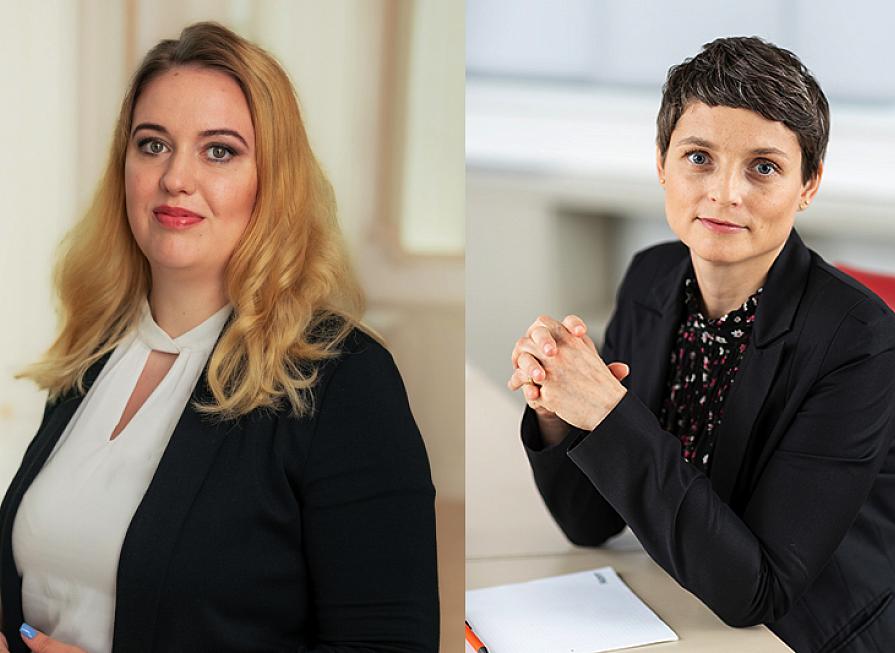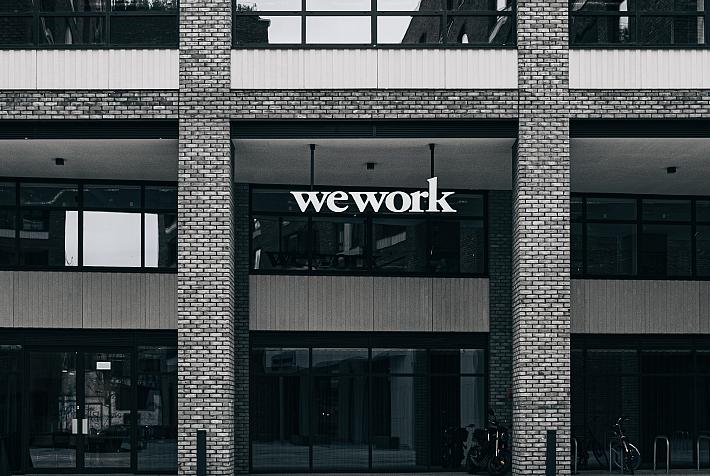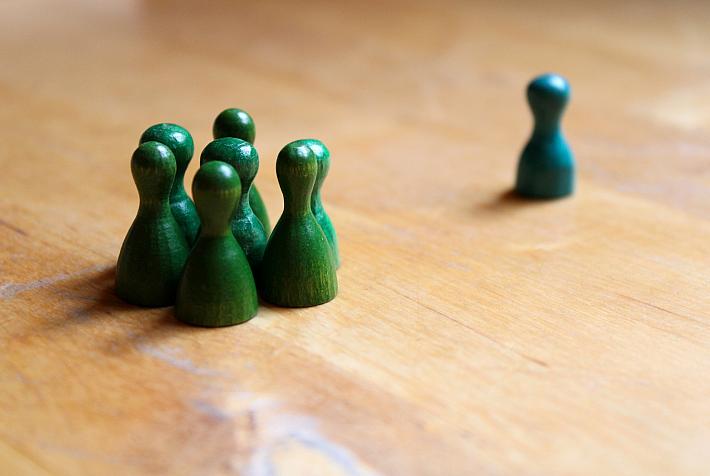 In business and outside, Romania is a society of insiders. The basis of organisational life is the personal network...
In business and outside, Romania is a society of insiders. The basis of organisational life is the personal network...
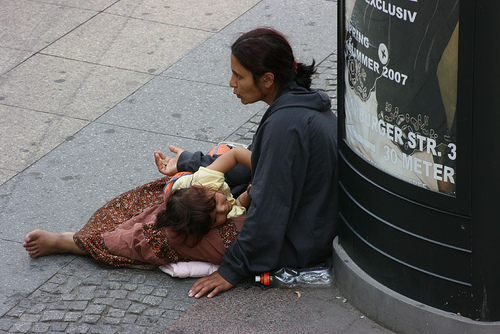 For many foreigners, Romania is the equivalent of a series of common misconceptions. Things that just pop into one's...
For many foreigners, Romania is the equivalent of a series of common misconceptions. Things that just pop into one's...
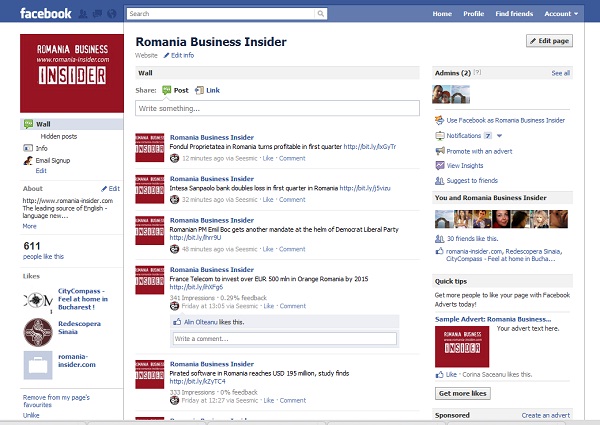 Social media has not only provided the broadcasting tool for a two way information exchange, it is also nourishing a...
Social media has not only provided the broadcasting tool for a two way information exchange, it is also nourishing a...
 Romanians are by nature fun loving, warm, hospitable, playful, with an innate sense of humor, sometimes spiced with...
Romanians are by nature fun loving, warm, hospitable, playful, with an innate sense of humor, sometimes spiced with...
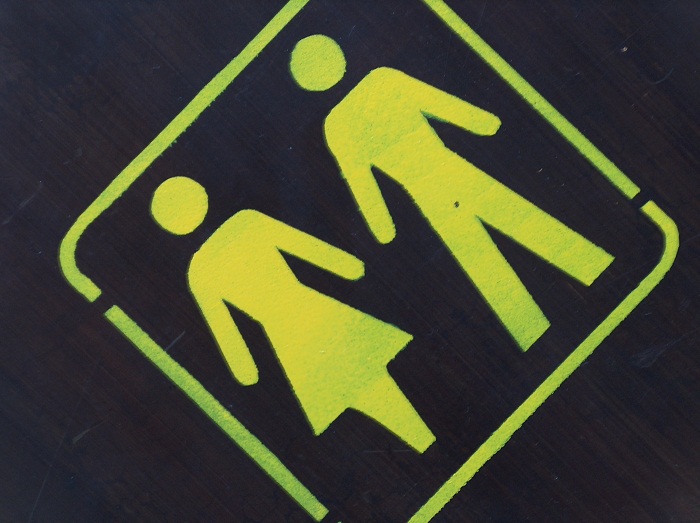 By understanding cultural differences and similarities, one can develop ways to communicate and collaborate more...
By understanding cultural differences and similarities, one can develop ways to communicate and collaborate more...
In a meeting of people of different nationalities, parties will notice the different practices first. But in a problematic meeting like the one in the following example, the different perceptions of self and pre-conceptions of others become important, and will lead the parties to interpret the same practice differently. Let us know what you think about the situation below, which involves French and Romanian professionals sitting together at the merger table.
 “Think global while acting local” is hard to implement, which is why a high rate of failures in assignments abroad is a...
“Think global while acting local” is hard to implement, which is why a high rate of failures in assignments abroad is a...
The leadership style is yet another area where cultural intelligence is required and where local cultures play an important role. The sort of leadership valued in the Netherlands is, for example, a weakness in Romania, where authoritative leadership is seen as a strength. On the same note, the qualities of a good leader in the US would not necessarily work in Central and Eastern Europe. We'd love to hear your stories and experiences when it comes to intercultural leadership in the CEE region.
Romania has often been labeled as one of history’s greatest survivors. A past of invasions and occupations, Romania has recently undergone dynamic social and economic changes and joined the EU in 2007. While the country attempts to leave behind its communist past, present day attitudes and traditions still reflect this part of its turbulent history. Modest attitudes and behaviors coupled with Orthodox Christian beliefs reflect their simple-minded and down-to-earth mentality that has been shaped by years of hardship.
In the previous article we discussed the challenges that the leader of the team of engineers– a Colombian woman- had to go through. The mixture of cultures made this unique experience a bit spicy – five British and four Indian specialists were not mixing well, in fact the results of the projects showed that there was no team established at all. Now let's see how would things look like if the leader of the team were a Romanian woman. Feel free to add you insights on the situation by e-mailing irina-budrina@hotmail.com.
 In business and outside, Romania is a society of insiders. The basis of organisational life is the personal network...
In business and outside, Romania is a society of insiders. The basis of organisational life is the personal network...
 For many foreigners, Romania is the equivalent of a series of common misconceptions. Things that just pop into one's...
For many foreigners, Romania is the equivalent of a series of common misconceptions. Things that just pop into one's...
 Social media has not only provided the broadcasting tool for a two way information exchange, it is also nourishing a...
Social media has not only provided the broadcasting tool for a two way information exchange, it is also nourishing a...
 Romanians are by nature fun loving, warm, hospitable, playful, with an innate sense of humor, sometimes spiced with...
Romanians are by nature fun loving, warm, hospitable, playful, with an innate sense of humor, sometimes spiced with...
 By understanding cultural differences and similarities, one can develop ways to communicate and collaborate more...
By understanding cultural differences and similarities, one can develop ways to communicate and collaborate more...
In a meeting of people of different nationalities, parties will notice the different practices first. But in a problematic meeting like the one in the following example, the different perceptions of self and pre-conceptions of others become important, and will lead the parties to interpret the same practice differently. Let us know what you think about the situation below, which involves French and Romanian professionals sitting together at the merger table.
 “Think global while acting local” is hard to implement, which is why a high rate of failures in assignments abroad is a...
“Think global while acting local” is hard to implement, which is why a high rate of failures in assignments abroad is a...
The leadership style is yet another area where cultural intelligence is required and where local cultures play an important role. The sort of leadership valued in the Netherlands is, for example, a weakness in Romania, where authoritative leadership is seen as a strength. On the same note, the qualities of a good leader in the US would not necessarily work in Central and Eastern Europe. We'd love to hear your stories and experiences when it comes to intercultural leadership in the CEE region.
Romania has often been labeled as one of history’s greatest survivors. A past of invasions and occupations, Romania has recently undergone dynamic social and economic changes and joined the EU in 2007. While the country attempts to leave behind its communist past, present day attitudes and traditions still reflect this part of its turbulent history. Modest attitudes and behaviors coupled with Orthodox Christian beliefs reflect their simple-minded and down-to-earth mentality that has been shaped by years of hardship.
In the previous article we discussed the challenges that the leader of the team of engineers– a Colombian woman- had to go through. The mixture of cultures made this unique experience a bit spicy – five British and four Indian specialists were not mixing well, in fact the results of the projects showed that there was no team established at all. Now let's see how would things look like if the leader of the team were a Romanian woman. Feel free to add you insights on the situation by e-mailing irina-budrina@hotmail.com.






